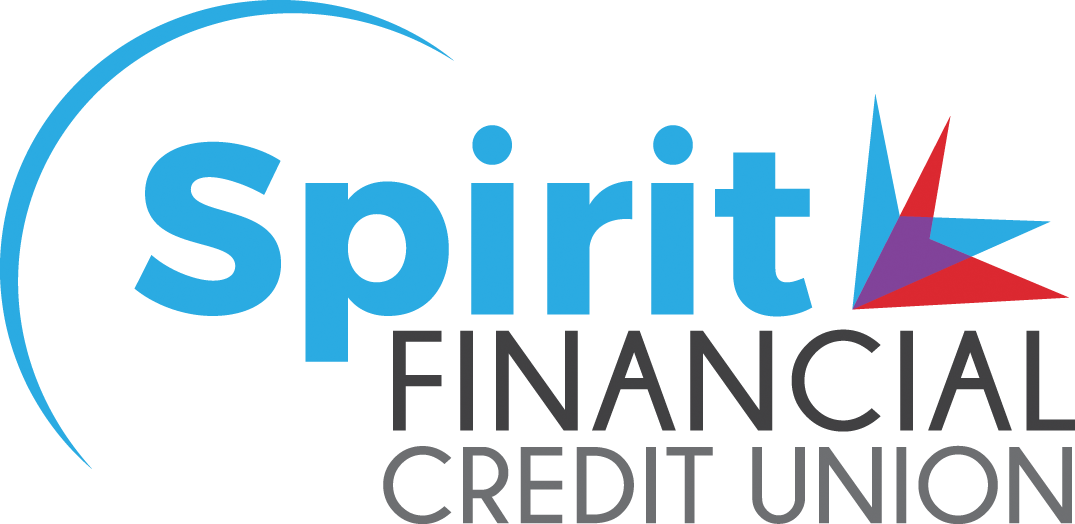8 Signs It's a Scam
The Federal Trade Commission (FTC) received 2.2 million fraud reports from consumers in 2020. Imposter scams were the most common type of fraud recorded according to the FTC. Consumers reported losing more than $3.3 billion to fraud, up significantly from the previous year. How can you protect yourself from a scam? Here are the warning signs to look out for.
1. Unexpected contact asking for personal or financial information or money.
Scam artists pretend to be your credit union, bank, and even the IRS to fool you into providing confidential information. Your credit union and other financial institutions will not contact you by phone or text message asking you to provide account numbers, passwords, PINs, or other personal information. Never reply to a text or email asking you to provide this information. Another common scam is when a thief pretends to be from the IRS or another government agency saying you need to pay taxes or fees. You may be asked to wire money immediately. The IRS and other government agencies will not contact you in this way.
2. Offers that sound too good to be true.
Basically, if something sounds too good to be true, it probably is. If you got a call or email with an offer that seems too good to pass up, just say no. It’s probably a scam.
3. An email call or text with a sense of urgency - you need to act fast to take advantage of this offer.
Don’t fall for it. The only thing you may be missing out on is getting scammed. Creating a sense of urgency is a way scammers trick you into acting without thinking.
4. Emails, texts, or calls from seemingly reputable companies, but the email address is questionable.
We’ve all gotten them at one time or another. Whether it’s an email from a scammer pretending to be Amazon asking you to click a link and update your financial information or a text from your dentist’s office asking you to re-enter your credit card information, never click a link unless you’re sure of what it is. If you take a look at the email address, might see that it doesn’t look legitimate. Scammers try to gain your trust by posing as a reputable company. This includes phishing emails that may appear to be coming from a known contact. This is accomplished by slightly altering the domain name in the sender’s email address. Be on alert for this type of scam.
5. The caller tells you there is a problem with an account you are not familiar with.
Don’t get baited into answering any questions, just hang up.
6. Suspicious links or email attachments.
Scammers can use email attachments to deliver malware and other dangerous attachments. Never open an attachment if you’re not sure who it’s from. Look at the extension. Is it familiar, such as .doc or .xls or something out of the ordinary? The same goes for a link in an email, be cautious and just don’t open it. If you hover your mouse over a link you can actually see the address without clicking on it. You may be surprised at what you see.
7. Grammar and spelling mistakes.
A text or email that is poorly written can be a strong indication of a scam.
8. Wire transfer requests.
If someone asks you to wire money, be very careful, this is probably a scam. This might include receiving a large check for overpayment and requesting you wire a large portion back.
If you’re unsure about a text or call, you can always search and go to a company website on your own and contact them in that way to check on the call or email you’ve received. If you feel you’ve been scammed, report it. Report fraud to the FTC. Here is also information on reporting various types of scams and fraud to other government organizations.



